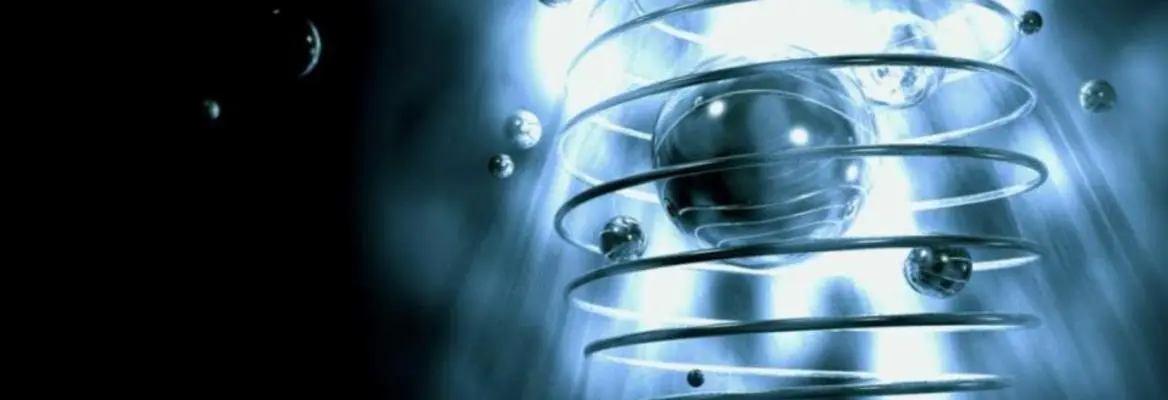The obvious and the self-evident are also the hallmarks of prejudice and danger. And what could be more obvious than that our maps, theories and histories of the world help us understand the world because they reflect reality. Science works because it is uncovering how the world really is.
Self-evident common sense it may be – and one that Michaela Massimi and Simon Blackburn endorsed in their debate with me in After Relativism – but it is a mistake, and a dangerous mistake to boot. The name of this philosophical mistake is realism.
What is dangerous about realism is that it encourages those who believe they have uncovered the truth to dismiss other accounts and sometimes to describe these alternative perspectives with derision or worse. From suicide bombers and terrorists to dictatorial governments and fanatical cults, the most ardent and violent supporters are typically realists. In the name of truth and in the name of having uncovered how the world ultimately is, it is possible to sanction almost any crime. So let us not think this seemingly arcane philosophical argument about metaphysics does not bite where it matters.













Join the conversation